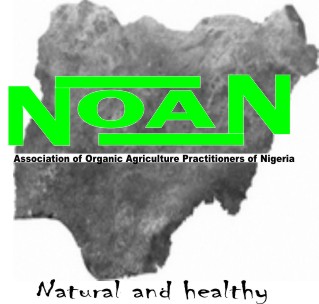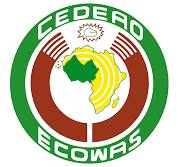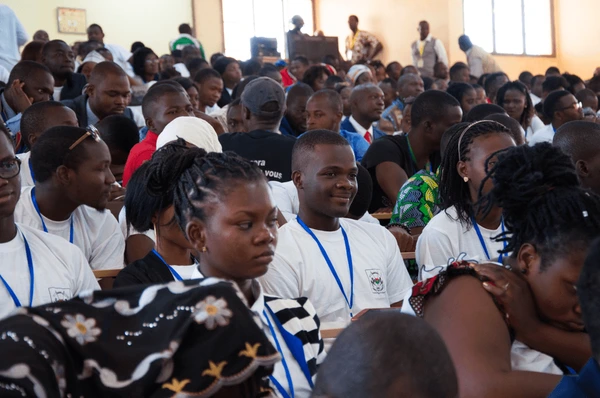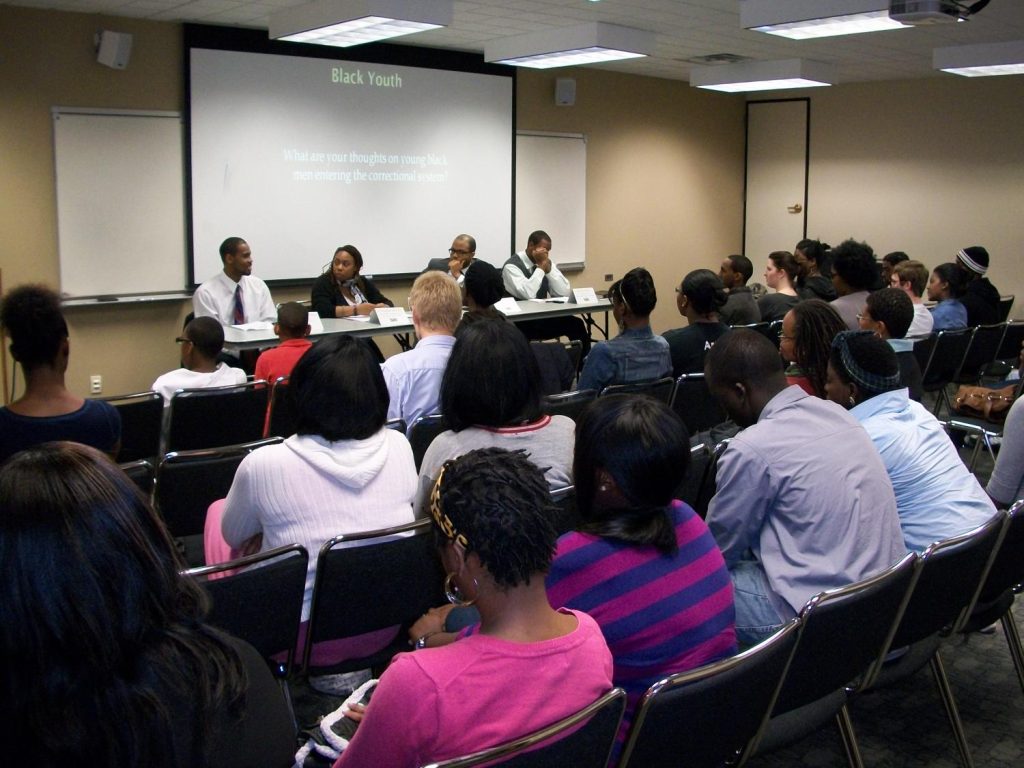

ECOWAS Strategy on Youth Employability Project (ECOWAS - YEP)

ECOWAS Strategy on Youth Employability Project (ECOWAS - YEP)
There is at least 65% of young people (< 25 years) in the West Africa subregion and dynamically increasing population are either unemployed or underemployed. Significant number of this population actively engage in migration. Also, there is high level of food and nutrition insecurity coupled with environmental degradation due decreasing number and ageing of actors within the agricultural value chain. The farming system within the sector is inundated with drudgery, low productivity and low performance of economies rendering it unattractive and youth integration increasingly difficult. ECOWAS Commission is harnessing the scenario to boosting economic growth and drive sustainable development using Youth employability support strategy.
Strategy Focus areas
Strengthen initiatives to prepare young people for careers in the Agro–Sylvo-Pastoral Heuristics (ASPH) and agri-food sectors
Promote a favourable environment for the integration and empowerment of young entrepreneurs in the Agro–Sylvo-Pastoral Heuristics (ASPH) sector.
Supporting the economic and social empowerment of young people in agri-food value chains
Manage youth integration initiatives in the Agro–Sylvo-Pastoral Heuristics (ASPH) sector
PURPOSE OF THE STRATEGY
“Accelerating the transformation of the Agro–Sylvo-Pastoral Heuristics sector and West Africa agri-food value chains for shared growth and prosperity, based on the optimal exploitation of the region’s youth potential.”
STRATEGY OBJECTIVE
Facilitate the socio-professional integration of young people (men and women) in the Agro–Sylvo-Pastoral Heuristics and agri-food value chains in order to: (i) reduce active unemployment, and (iii) minimize uncontrolled migration.
EXPECTED IMPACTS
- List Item #1At least 25% of young people entering the job market each year are employed in the Agro-Sylvo-Pastoral Heuristics and agri-food value chains
- Unemployment and underemployment among young people (men and women) reduced by three quarters
- The proportion of young, uncontrolled emigrants has been substantially reduced

As part of the implementation of the Regional Strategy for Youth Employability in the Agro-sylvo-pastoral and fisheries sectors, the ECOWAS Commission has allocated a grant of to train 3,850 young people in various fields related to agriculture and agri-food value chains. The aim of this initiative is to build the capacity of young people in the agro-sylvo-pastoral and fisheries sectors, by equipping them with the technical and entrepreneurial tools they need to engage effectively in these areas with a view to reducing their unemployment rate, improving their employability and promoting self-employment.
The “Youth Employability in the Agro-Sylvo-Pastoral and Halieutic Sector” ECOWAS Commission granted twenty-one (21) beneficiary centres specialising in agronomic research, innovation and training in agroecology and organic production. They include West and Central African Council for Agricultural Research and Development (CORAF) (10), the SONGHAI Regional Centre (6) and the West African Secretariat for Organic and Ecological Agriculture (WASEOA) coordinating 10, 6 and 9 centres respectively.
All coordinating agencies are to actively work to accelerate the transformation of the Agro-Sylvo-Pastoral and Fisheries sector and West African agri-food value chains for shared growth and prosperity, based on the optimal exploitation of the region’s youth potential.
NOAN-WASEOA is expected to train 1280 young entrepreneurs aged 18 – 35 with at least 40% of whom are women, across the region between March 2025 and June 2026, in six (6) West African Countries. They are Centre d’Incubation et de Ressources en Agrobusiness (CIRAB – TSESSI); Fisheries and Aquaculture Business Development Agency, Fisheries and Aquaculture Value Chain Development Partnership Centre (Taenprowiz Partnership Center). Anambra State. Nigeria; Tumutu Agricultural Vocational Training Center (TAVTC) Organisation Béninoise pour la Promotion de l’Agriculture; Biologique (PABE/OBEPАВ); AGRICOLE Afrique; Research Des Femmes Biaves do Cote D’Ivoire (REFEB CI) and Action et Gestion des Insuffisances et Initiative Rurale (AGIR).
The project is based on the following objectives
Strengthen the capacities of young people (men and women) through vocational training to enable them to supplement their theoretical knowledge with technical and practical skills in research and innovation in the agro–sylvo-pastoral and fisheries sectors.
Develop training for young rural people in sustainable and ecologically intensive agricultural practices adapted to the production methods of small-scale producers among rural people and players in priority strategic value chains (rice, corn, cassava, plantain, millet/sorghum).
Putting ecosystem services to work for young farmers by improving farmers’ access to and collective management of organic manure, soil, water, quality and resistant seeds.
Map and assess the agribusiness potential of young people, young farmers and individual entrepreneurs to enable ECOWAS to set up the ECOWAS Youth Agribusiness Platform/ ECOWAS Youth Agribusiness Forum, which will bring together different organizations of young people, young farmers and individual entrepreneurs working in the agricultural sector in close collaboration with the ministries of agriculture and rural development of member states.